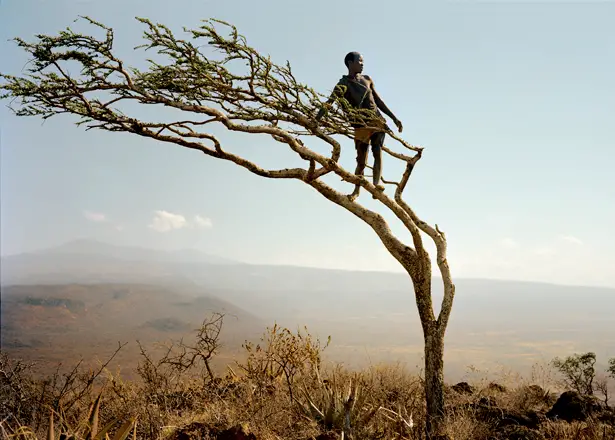How much more interested are we in the first signs of spring than the first signs of winter? Here are the stats when you search on Google for the following phrases:
"Signs of spring" 1,120,000
"Sign of spring" 6,540,000
"Signs of summer" 893,000
"Sign of summer" 183,000
"Signs of fall" 344,000
"Sign of fall" 386,000
"Signs of autumn" 221,000
"Sign of autumn" 219,000
"Signs of winter" 136,000
"Sign of winter" 328,000
Add the "sign" and "signs" for each season (and combine the totals for "autumn" and "fall") and you get:
Spring 7,660,000
Summer 1,076,000
Fall/Autumn 1,170,000
Winter 464,000
The result? There is seven times more interest in spring than in summer. There is six and a half times more interest in spring than in autumn and there is a whopping 16.5 times more interest in the arrival of spring than the arrival of winter.
more ...
Phantom codes could help quantum computers avoid errors
-
A method for making quantum computers less error-prone could let them run
complex programs such as simulations of materials more efficiently, thus
making t...
9 hours ago















